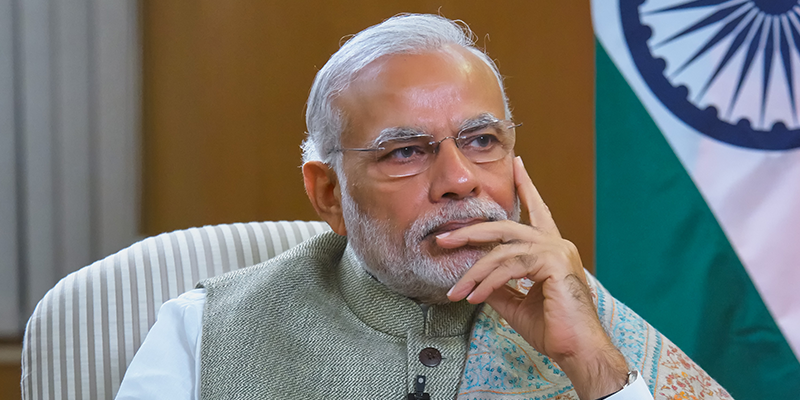
A week before he hosts world leaders at the G20 summit, Prime Minister Narendra Modi has asserted that the ‘Sabka Saath Sabka Vikas’ model can be the guiding principle for the welfare of a world shifting from a “GDP-centric approach” to a “human-centric one”.
“Irrespective of the size of the GDP, every voice matters,” Modi told PTI in an exclusive interview late last week at his Lok Kalyan Marg residence.
US President Joe Biden, Japanese Prime Minister Fumio Kishida, British Prime Minister Rishi Sunak, Saudi Arabia’s King Mohammed bin Salman, and other leaders will gather at the newly-constructed Bharat Mandapam conference hall on September 9-10 for the pre-eminent annual meeting of developing and developed countries.
“Many positive impacts are coming out of India’s G20 Presidency. Some of them are very close to my heart,” Modi said in the interview, focused on G20 and related issues.
G20 accounts for 85% of the global GDP, 75% of international trade, and 65% of the world population. India took over the G20’s presidency from Indonesia last November, and will hand over to Brazil in December.
Modi said that while it is true G20 is an influential grouping in terms of its combined economic might, “a GDP-centric view of the world is now changing to a human-centric one”, and just as a new world order was seen after World War II, a new world order is taking shape post-Covid.
“The shift to a human-centric approach has begun globally and we are playing the role of a catalyst. India’s G20 Presidency has also sowed the seeds of confidence in the countries of the so-called Third World,” he said.
“The Sabka Saath Sabka Vikas model that has shown the way in India can also be a guiding principle for the welfare of the world.”
While the interview was meant to be focused on G20, Modi also spoke about India’s economic progress, its growing stature on the world stage, cyber-security, debt trap, bio-fuel policy, UN reforms, climate change and his vision of what India will be like in 2047.
“For a long time, India was perceived as a nation of over one billion hungry stomachs. But now, India is being seen as a nation of over one billion aspirational minds, more than two billion skilled hands, and hundreds of millions of young people,” Modi said.
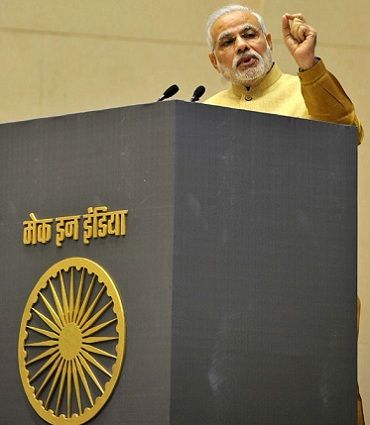
.thumbnailWrapper
width:6.62rem !important;
.alsoReadTitleImage
min-width: 81px !important;
min-height: 81px !important;
.alsoReadMainTitleText
font-size: 14px !important;
line-height: 20px !important;
.alsoReadHeadText
font-size: 24px !important;
line-height: 20px !important;
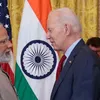
“The period till 2047 is a huge opportunity. Indians who are living in this era have a great chance to lay a foundation for growth that will be remembered for the next 1,000 years!” he added.
“By 2047, I am sure that our country will be among the developed countries. Our poor people will comprehensively win the battle against poverty. Health, education and social sector outcomes will be among the best in the world. Corruption, casteism and communalism will have no place in our national life,” he said.
Collective response
G20 was born at the end of the last century when the major economies of the world got together with a vision of a collective and coordinated response to economic crises. Its salience grew even more during the global economic crisis in the first decade of the 21st century.
But when the Covid pandemic struck, the world understood that in addition to the economic challenges, there were also other important and immediate challenges impacting humanity, Modi said.
By this time, the prime minister said, the world was already taking note of “India’s human-centric model of development” in economic growth, technological progress, institutional delivery and social infrastructure.
“There was greater awareness of these massive strides being taken by India. It was acknowledged that the country which used to be seen just as a large market had become a part of the solutions to the global challenges,” he said.
“By the time India became the president of G20, our words and vision for the world were not being taken merely as ideas but as a roadmap for the future.”
On debt
While answering a question about the global debt crisis, PM Modi noted that it is “a matter of great concern, especially (for) developing countries”.
“First, countries that are going through debt crisis or have gone through it, have begun to give greater importance to financial discipline,” Modi said.
“Second, others who have seen some countries facing tough times due to the debt crisis are conscious of avoiding the same missteps,” Modi said.
Under its G20 presidency, India has been consistently highlighting the need for a framework on debt restructuring to help countries facing mounting debt problems.
China, considered to be the world’s largest sovereign creditor, has been showing reluctance to certain proposals on debt restructuring although an increasing number of G20 member countries are pitching for helping the low-income nations deal with the crisis.
Modi also took a dig at freebies given by some state governments in India, and stressed the need for financial discipline.
“Populism may give political results in the short term but will extract a great social and economic price in the long term. Those who suffer the consequences the most are often the poorest and the most vulnerable,” he said.
On climate
Prime Minister Narendra Modi has made a strong pitch for altering the approach on climate talks, from restrictive to constructive, and urged nations not to focus on “don’t do this or that”, adding also that there is no “one-size-fits-all” solution to fight climate change.
The prime minister said India has left no stone unturned in meeting its climate goals despite accounting for less than 5% of the cumulative emissions. “So, we are certainly on track while also tailoring in various factors needed to ensure growth,” he said.
“We are perhaps the first among the G20 countries to have achieved our climate targets nine years ahead of the scheduled date.”
India’s action against single-use plastic has been recognised across the world, and the country has also been noted for the strides made in safe sanitation and cleanliness, Modi observed.
He said that India has moved from being just a member of global efforts to playing a leading role in many initiatives. “Our principle is simple diversity is our best bet, whether in society or in terms of our energy mix. There are no one-size-fits-all solutions.”
The prime minister said he was “extremely positive” about the future of the fight against climate change.
“We are working with other nations to alter the approach from a restrictive to a constructive approach. Rather than focusing purely on the approach of don’t do this or that, we want to bring in an attitude that makes people and nations aware of what they can do and help them with that, in terms of finance, technology and other resources,” Modi said.
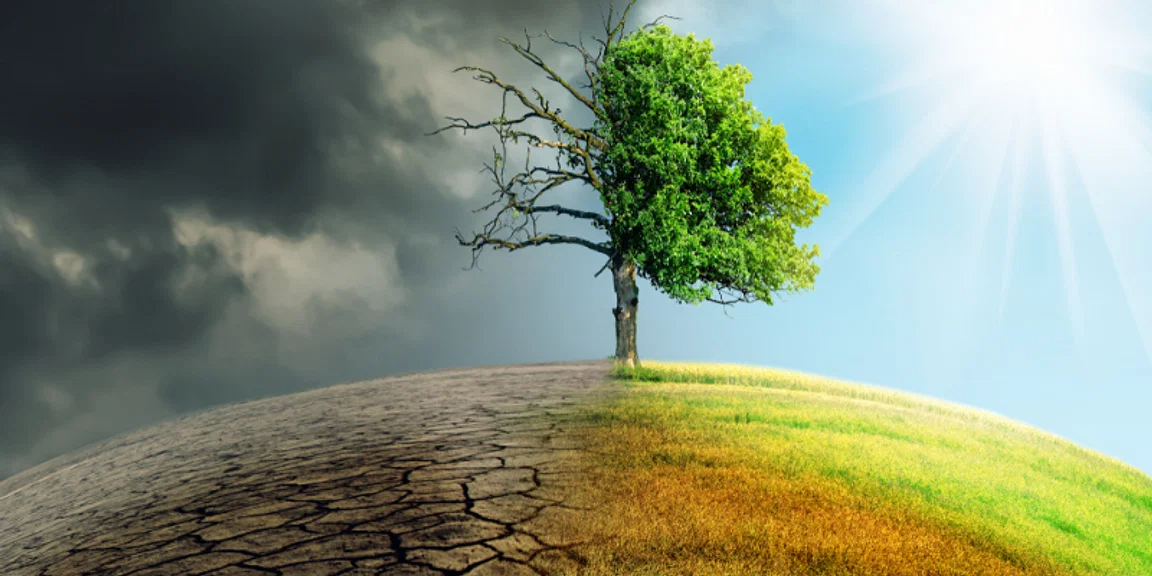
.thumbnailWrapper
width:6.62rem !important;
.alsoReadTitleImage
min-width: 81px !important;
min-height: 81px !important;
.alsoReadMainTitleText
font-size: 14px !important;
line-height: 20px !important;
.alsoReadHeadText
font-size: 24px !important;
line-height: 20px !important;
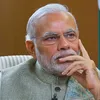
On sustainable energy production, Modi said that India has been making great progress, especially as it has ramped up solar energy capacity 20-fold in just a few years.
“India is among the top four nations in the world in terms of wind energy. In the electric vehicle revolution, India is playing an important role in both innovation and adoption,” he said.
The prime minister said initiatives like the International Solar Alliance (ISA) and Coalition for Disaster Resilient Infrastructure are bringing countries together for the planet. Over 200 countries have joined the ISA, till date.
On Africa’s G20 membership
The prime minister also made a strong pitch for United Nations reforms in line with the changing realities of the world and to ensure representation of voices that matter, saying a mid-20th century approach cannot serve the world in the 21st century.
Modi also said that India backs the inclusion of the African Union as a full member of the G20 as no plan for the future of the planet can be successful without the representation and recognition of all voices.
(With inputs from YourStory)









